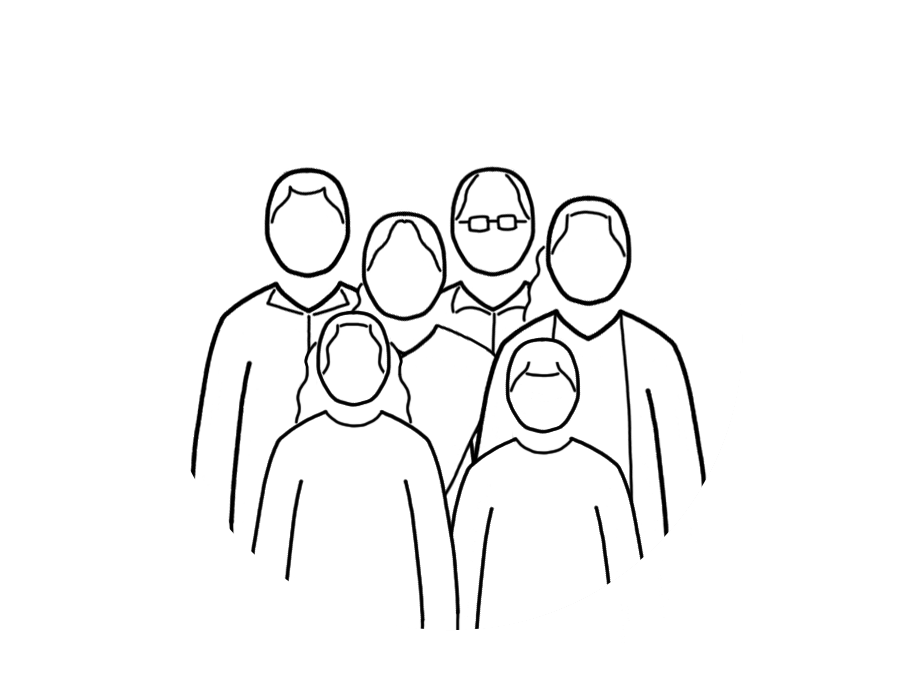Pain and Tears
My tears have been my food
day and night,
while people say to me all day long,
“Where is your God?”
4 These things I remember
as I pour out my soul:
5 Why, my soul, are you downcast?
Why so disturbed within me?
Put your hope in God,
for I will yet praise him,
my Savior and my God.
6 My soul is downcast within me;
therefore I will remember you
When a baby is born, it’s first sounds are cries. In its early years a baby has three main activities: sleeping, eating and crying. Tears are part of human life. As we grow older, some of us stop crying. In fact men will say, “A man is he who holds back his tears and keeps his mouth shut.”
Today, as we look back at the last 40 years of experience in Afghanistan, we can no longer keep our mouths shut. Who can hold their tears back? Is it possible not to cry? Is this really manly?
What about followers of Jesus – should we cry? Do we experience pain as well? Or does Jesus promise blessing and happiness for anyone who follows Him?
King David, the great prophet and king, was also a great poet and musician. He penned and sang most of the psalms that we call the Zaboor or Mazamir. There were songs of joy, but also songs of deep despair and confusion. David did not choke his emotions. Instead he learned how to process them with God. He prayed his pain, doubts and tears.
How long, Lord? Will you forget me forever?
How long will you hide your face from me?
2 How long must I wrestle with my thoughts
and day after day have sorrow in my heart?
How long will my enemy triumph over me? (psalm 13:1-2)
We should expect pain.
Life is full of pain. True, God did not make us for pain. We were made for paradise, but as Shaikh Hafiz says, آدم اورد ما را در این دیر خراب آبادام
We are part of a fallen and sick world. In this world we will have tribulation. If we think that Christians are free from tears, we will face shock and deep disappointment when we face pain. Pain is human because we humans have fallen from God.
We should express our pain to God.
David struggles with pain, but he does not hide it. He talks about his pain to God and pours out his heart. As a result, we are blessed with the Psalms.
One good way to express our tears is to write our own laments. Keep a journal.
When we are in real pain we should do what David did – he cried to God. As we look at David’s prayers, we see there is no ta’aruf in his prayers. He pours out his bitterness, his doubts, his anger, his fear … but always his trust.
“Hear my prayer, Lord,
listen to my cry for help;
do not be deaf to my weeping.
I dwell with you as a foreigner,
a stranger, as all my ancestors were.
13 Look away from me, that I may enjoy life again
before I depart and am no more.”
We should pray our pain to God.
David prays what he feels. Praying our pain keeps us from falling into endless self-pity. Self-pity only makes our pain worse. We sometimes think that no one has experienced anything worse than we have, “I have suffered like now one else has” or “Afghanistan is the worst country in the world”. But centuries ago, Bedil said, “So many have died in this path” (اندرین راه كشتار زیاد است).
David says he sows tears, but after his tears comes joy!
Those who sow with tears
will reap with songs of joy.
6 Those who go out weeping,
carrying seed to sow,
will return with songs of joy,
carrying sheaves with them. (Ps 126:5-6)
Sometimes we think that if we pray really hard, or really loud, God will immediately make our pain better. Some preachers make this claim, “If you believe, God will relieve your pain, He will solve all our problems!” David was not relieved from his problems, but joy came later. Jesus, our Messiah and Savior was a man of sorrows, acquainted with grief.
He wept, especially in the Garden of Gethsemane, the night before he would go to the cross. He knew He would face the greatest sorrow, pain and burden – the sin and shame of the world. Jesus feels what we feel.
We can pray and share our heart درد دل with Him because He knows what pain is all about.


